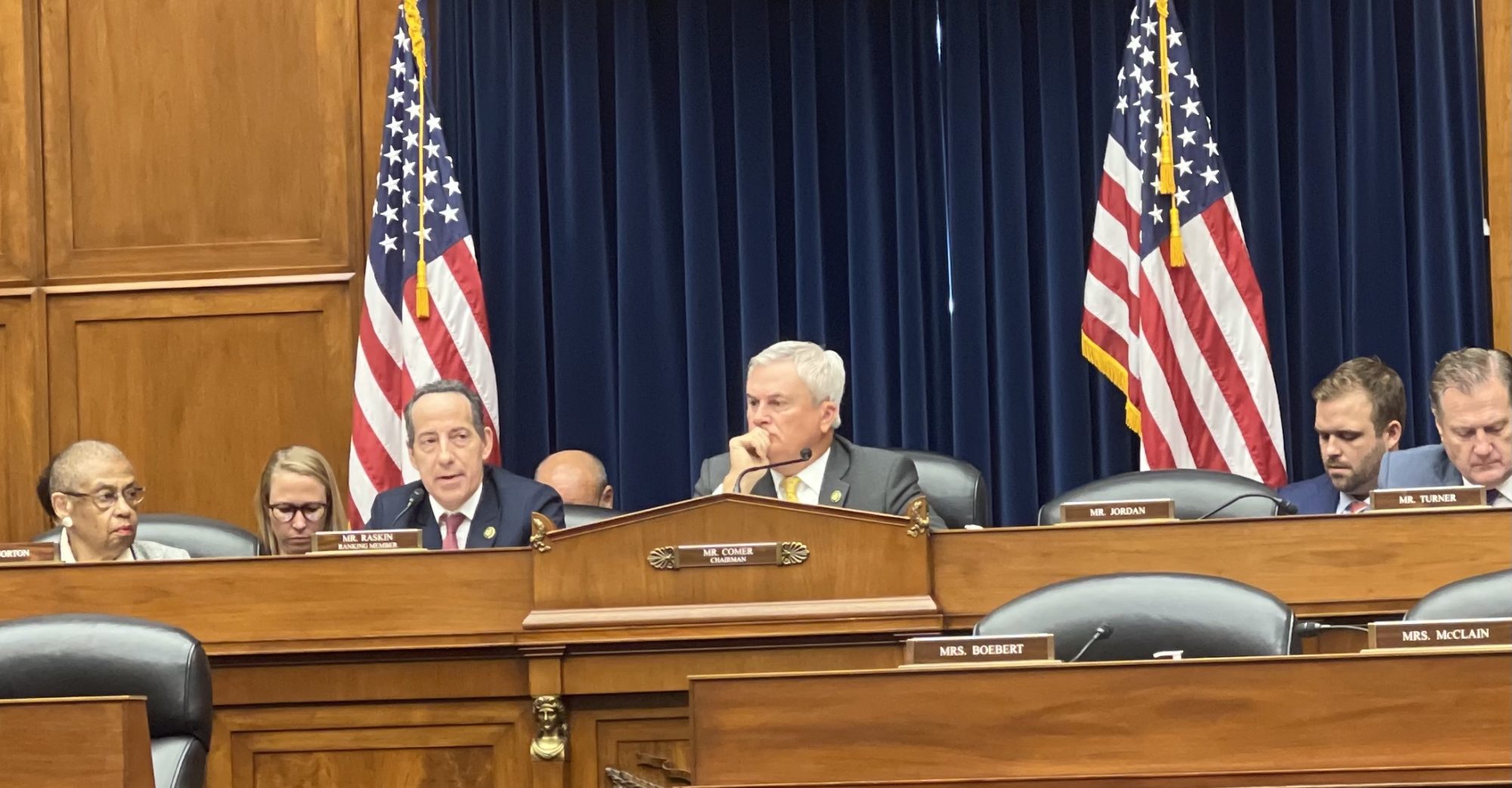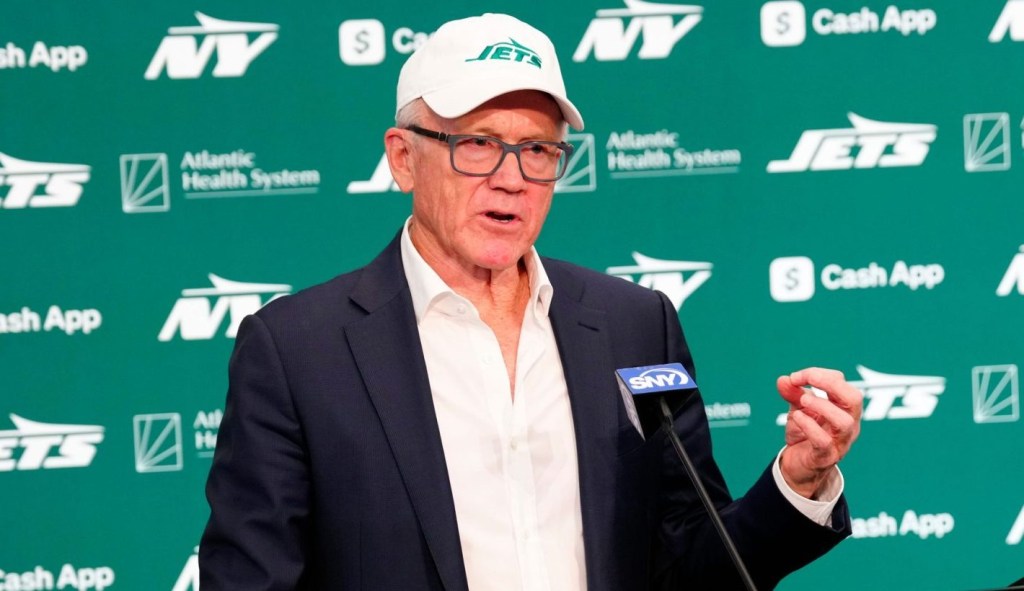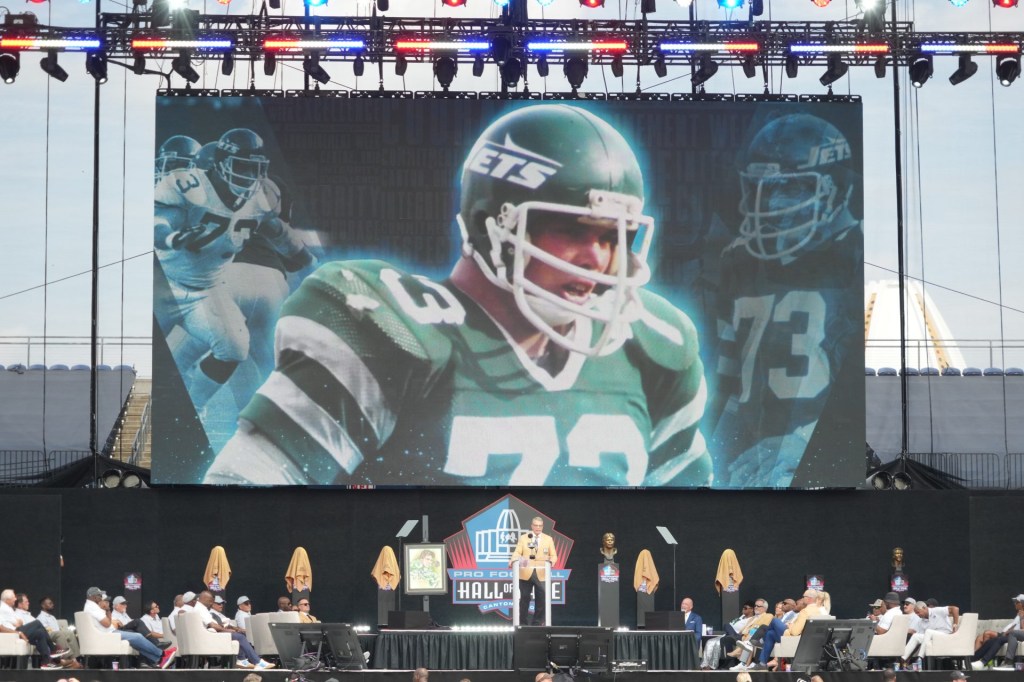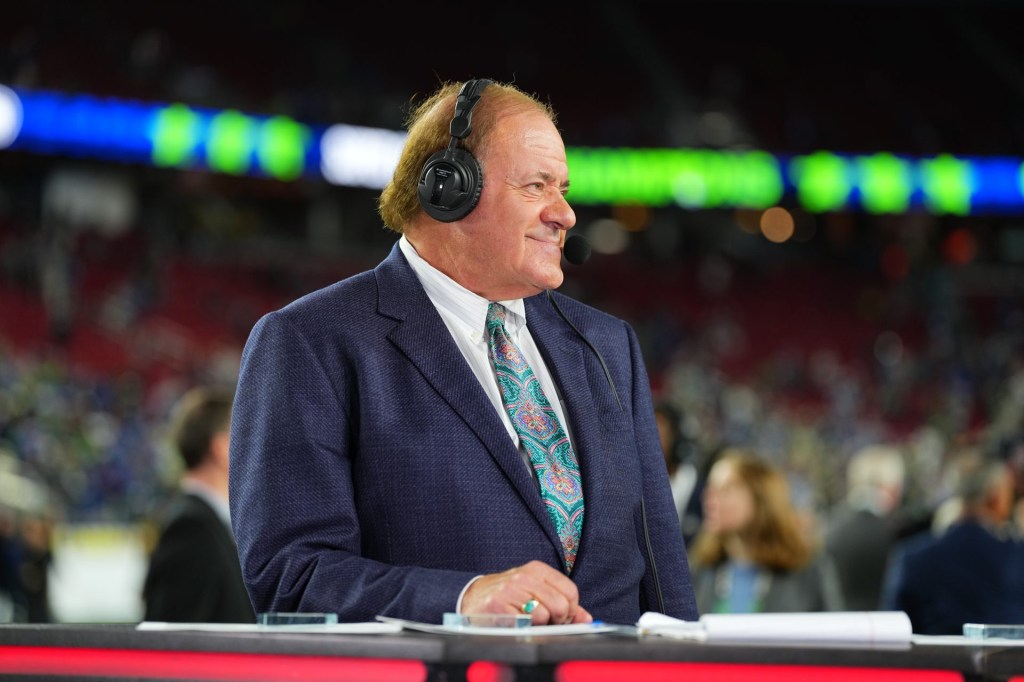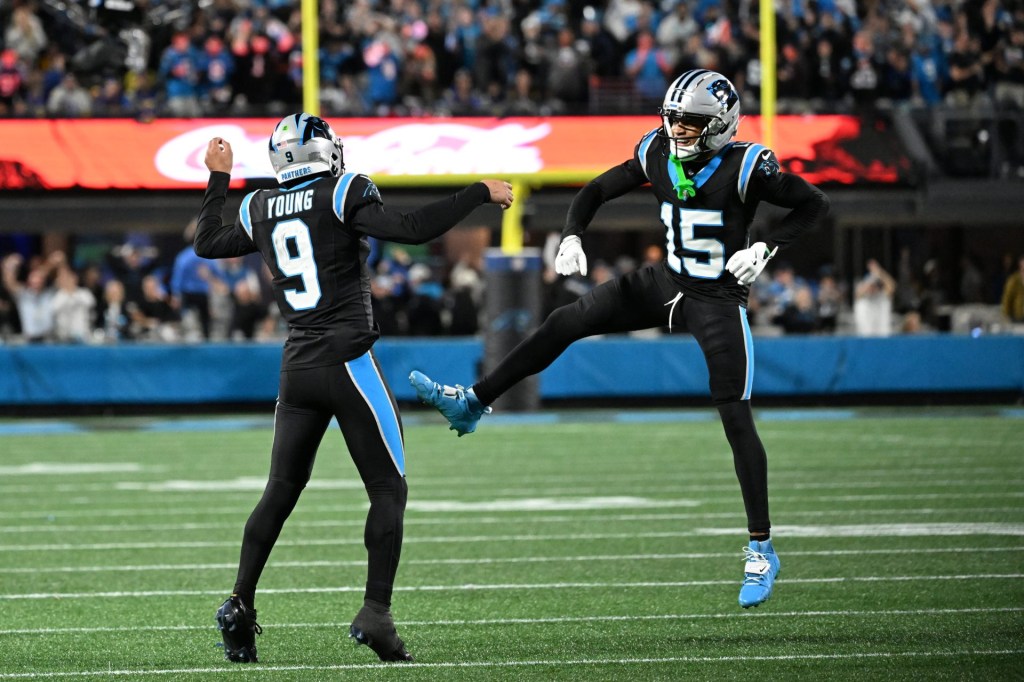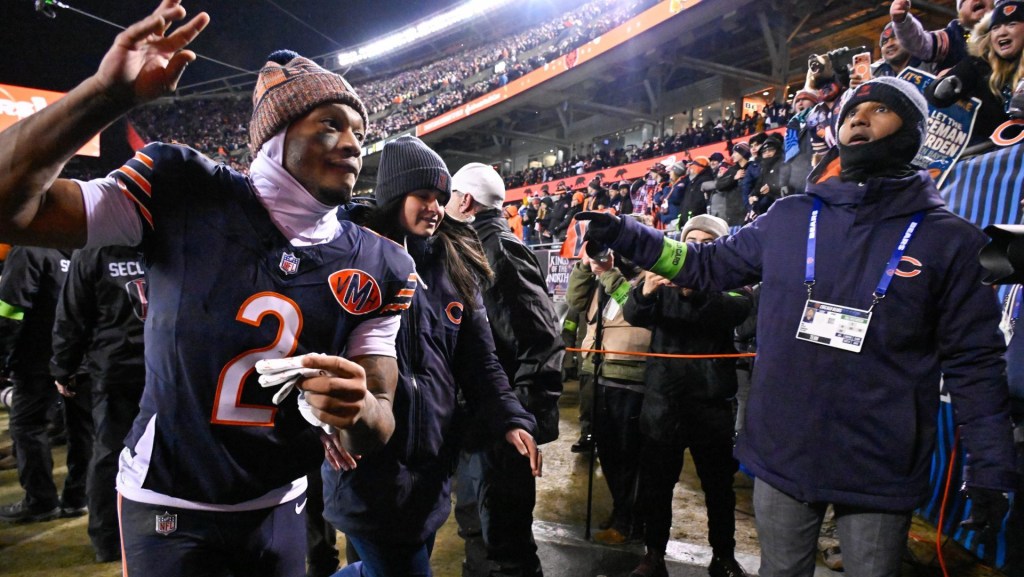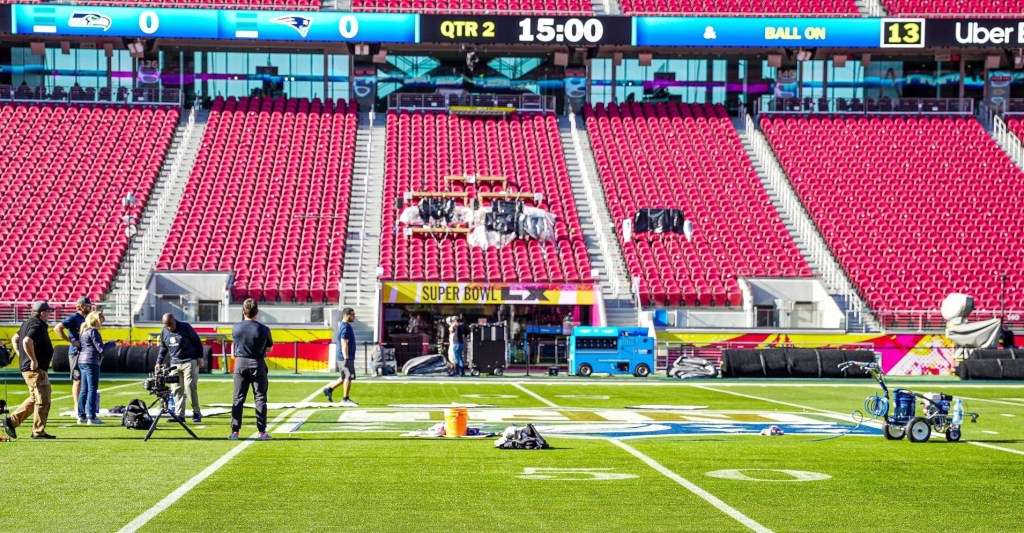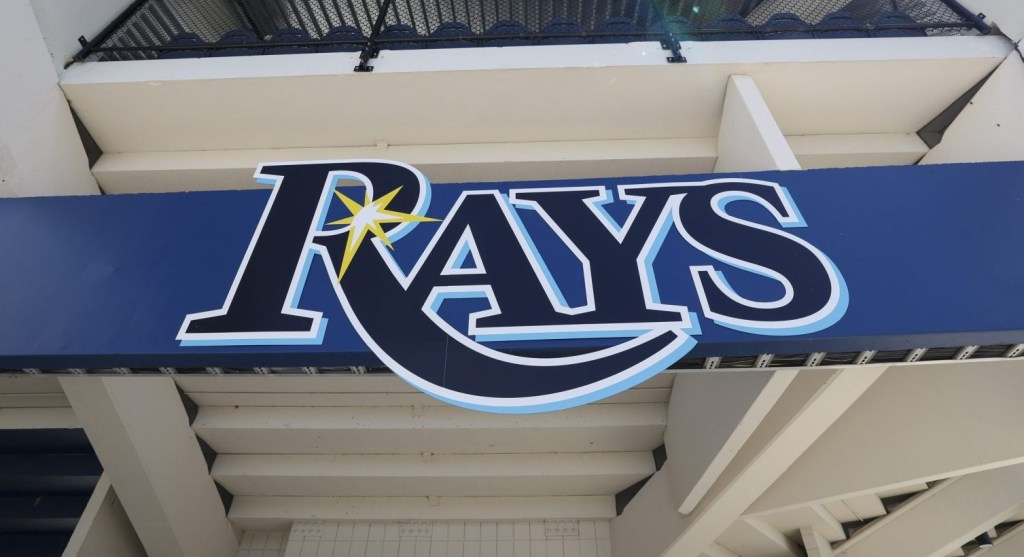WASHINGTON — A congressional hearing on the future of the federally owned RFK Stadium site turned into a debate over using public money for sports stadiums.
On Wednesday, the House Oversight Committee voted 31-9 to advance a bill that allows for a 99-year lease for the land — and a potential new stadium for the Washington Commanders — on the RFK site where the franchise played for 36 seasons.
But earlier in the day, the RFK bill became a referendum on using public money for sports stadiums after Rep. Scott Perry (R-Pennsylvania) offered an amendment that would have restricted such funds for a new stadium at RFK.
Perry mentioned the Buffalo Bills and Tennessee Titans — teams that received about $2 billion in public money to construct their new stadiums.
“Local and state governments should not be shaken down by corporate interests,” Perry said. “The teams aren’t our teams. They don’t belong to the citizens. They belong to an owner. I don’t have to remind you that there have been occasions, unfortunately, when the owner has picked and left in the middle of the night for another city after taxpayers were on the hook to pay for their new stadium that no longer suits them.”
Perry’s amendment was ultimately voted down by a 13-24 margin.
The RFK bill will next head to the House floor for a vote and is expected to be taken up by the Senate in the coming weeks. How quickly the bill advances, however, likely hinges on whether Congress can avoid a government shutdown ahead of a Sept. 30 deadline to agree on a new budget.
While the RFK bill has gained bipartisan support, the issue of public financing arose an unexpected topic of the hearing.
“We have a national problem with municipalities, counties, and states being shaken down by very popular billion-dollar franchises,” Rep. Jamie Raskin (D-Maryland) told a small group of reporters as the committee sat in recess. “We’ve been hearing from people around the country and in Washington about opposing public dollars going for the construction of a new stadium. I think that’s why people are torn about it.”
Raskin voted in favor of Perry’s amendment.
Raskin’s comments about opposing public funding during the hearing appeared to have irked D.C. Mayor Muriel Bowser, although she didn’t specifically call out Raskin, the committee’s ranking member.
“I see a lot of ironies here, like those who argue for DC statehood and home rule, who are also arguing for their own self-interests instead of what’s best for the use of this land,” Bowser said.
Rep. Gerry Connolly, representing a district in Northern Virginia near some of the potential stadium sites in that state, voted in favor of the bill and against Perry’s amendment.
“I think the subtext here is that Maryland wants to keep the football team in Maryland,” said Connolly, a Democrat. “If I wanted it in my state, I wouldn’t have taken the position I did in there.”
The Commanders have played at FedEx Field since 1997, a venue located in Landover, Maryland, that was acquired when Josh Harris and 20 investors purchased the Commanders for $6.05 billion earlier this year. Maryland Gov. Wes Moore has been vocal about keeping the team on the FedEx site, where a new stadium could be built alongside the current one.
Asked about Bowser’s comments, Raskin responded that his opposition to public money going towards stadiums is universal and that he hasn’t talked with Moore or any other Maryland official about the legislation.
“Spending tax dollars on stadiums generally as a form of corporate welfare,” Raskin said. “We’ve been hearing from people around the country and in Washington about opposing public dollars going for the construction of a new stadium. I think that’s why people are torn about it.
“I don’t think it’s a home rule question. We’re talking about the disposition of federal land and the development of federal policy generally on stadiums.”
